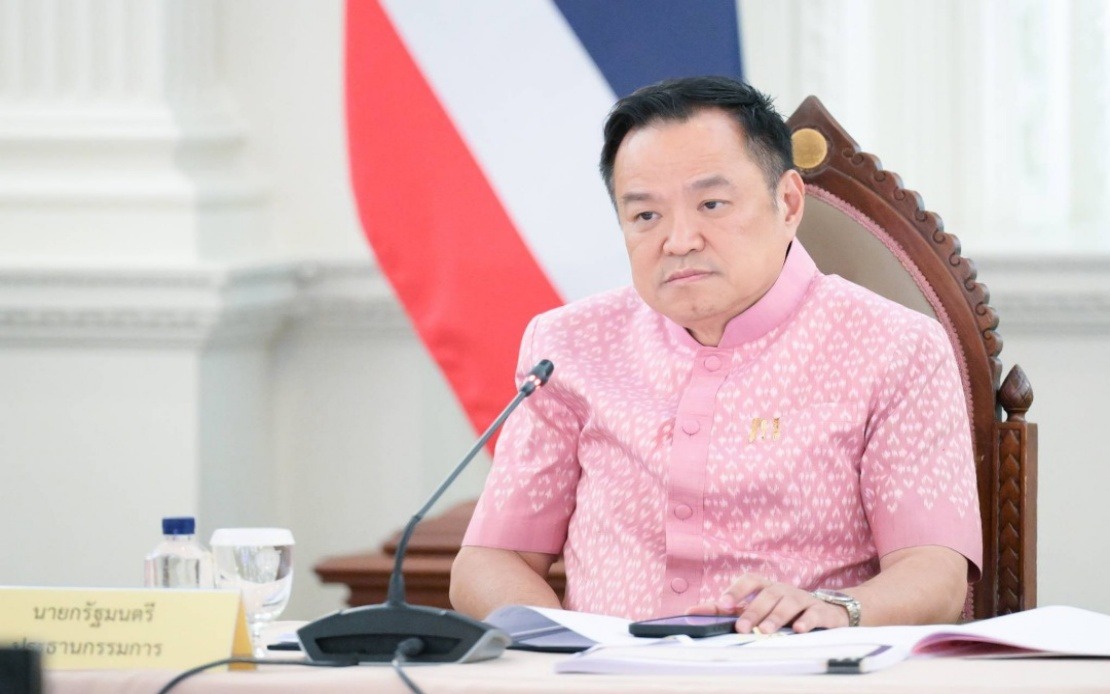
In a swift reversal of policy, Thailand’s Prime Minister Anutin Charnvirakul has reimposed a nationwide ban on poker just over two months after the game was decriminalised under his predecessor’s government. The decision comes as part of Anutin’s broader anti-gambling platform, which emphasises the elimination of all forms of gambling, including games previously framed as skill-based.
Under the previous administration led by Phumtham Wechayachai, the Interior Ministry issued Order No. 2253/2568 on 30 July 2025, which removed a long-standing ban on poker and allowed regulated tournaments under certain conditions. However, Anutin, serving also as Interior Minister, signed a new order on 22 October 2025 revoking that deregulation.
Anutin has made his position clear: he does not believe gambling should be used as an economic stimulus. In previous remarks he stated that while he had been Interior Minister, he opposed poker being legalised — and now he is affirming that stance by undoing the regulatory change. The move also aligns with the earlier withdrawal of the country’s bill to legalise casino-anchored entertainment complexes.
The impact of this reversal is significant for several stakeholders. For the poker community and organisers of international-style events in Thailand, the policy change creates immediate legal uncertainty and halts momentum built under decriminalisation. For investors and the gaming sector, the reversal signals a dramatically different regulatory environment ahead. Politically, it points to how quickly Thailand’s gambling landscape can shift depending on who holds power.
In conclusion, Thailand’s reinstatement of the poker ban underscores that regulatory progress in the gambling space remains fragile and heavily influenced by political leadership. While the previous government appeared to tentatively embrace regulated poker play, the current administration has drawn a firm line: poker is gambling, not sport, and will not be permitted under its watch.

 Content Writer: Janice Chew • Thursday, 25/10/2025 - 23:11:47 - PM
Content Writer: Janice Chew • Thursday, 25/10/2025 - 23:11:47 - PM